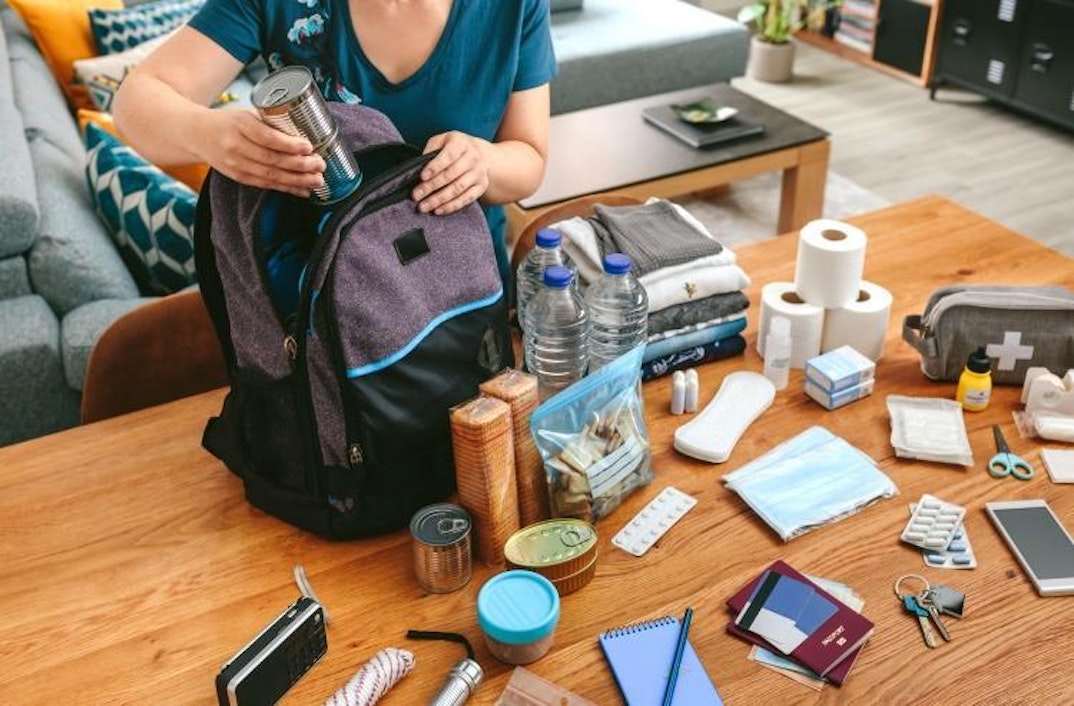

In an era defined by digital dependency, the U.K. government urges citizens to fortify their resilience by embracing analog preparedness measures. Deputy Prime Minister Oliver Dowden issues a stern advisory, prompting Brits to stockpile essential items like battery-powered radios, candles, and non-electronic supplies. This cautionary call aims to pivot individuals towards a more self-reliant stance, steering away from complete reliance on internet-connected devices.
Dowden's inaugural annual statement on "risk and resilience" highlights the swiftly evolving nature of contemporary risks. Citing the ongoing Ukraine conflict, severe weather events, technological misuse like AI, and the burgeoning sophistication of cyber threats, he underscores the imperative for enhanced preparedness strategies.
Pioneering initiatives are underway, spearheaded by the senior Tory cabinet minister. A dedicated resilience website and academy, bolstered by a ₤ 10 million investment, are set to equip both individuals and enterprises with the tools to navigate future crises. The impending website, slated for launch next year, aims to furnish comprehensive guidance for preemptive measures against various emergencies, particularly those depriving access to essential communication tools.
Complementing the website, the academy's formation is poised to upskill professionals in crisis management and emergency planning. This initiative seeks to fortify the workforce, empowering them with the acumen requred to navigate unforeseen adversities effectively.
Dowden stresses the necessity of possessing non-electric communication devices, advocating for battery-operated radios as an indispensable household commodity. Emphasizing society's over-reliance on the internet, he underscores the information void faced by those lacking access to alternative communication channels during a crisis.
Acknowledging the paradigm shift from traditional emergency essentials like candles and flashlights to smartphone-based alternatives, Dowden urges a revival of erstwhile practices. He highlights the imperative of being prepared for unforeseen calamities, cautioning against complacency in an era of uncertainty.
The government's resilience website will offer a platform for civic engagement, enabling individuals to volunteer during crises. Dowden emphasizes the collaborative effort needed to confront emergencies collectively.
Dowden sounds the alarm on AI's potential as a catalyst for cyber threats, emphasizing the amplified capabilities it affords malicious entities. He warns of its potential to heighten risks associated with biological and chemical threats, underscoring the need for proactive safeguards.
Echoing Dowden's counsel, the U.K.'s National Grid advocates for a comprehensive emergency kit beyond electronics. Essential provisions like ready-to-eat food, water, blankets, and warm clothing are recommended alongside battery backups for crucial medical equipment.
In a digitally entrenched society, Dowden advocates for a paradigm shift in resilience strategies. Governmental interventions and individual proactive measures stand as pillars in fortifying societal resilience, acknowledging the indispensability of analog capabilities in an increasingly digital landscape.
In the eerie stillness of a gray Moscow morning, death came cloaked in fire and…
The air is thick with tension, and behind the polished smiles of politicians lies a…
In classic Trump fashion, big promises are back on the menu—this time, it’s peace in…
As millions lit candles and whispered prayers for peace this Easter, a storm of violence…
It turns out Americans are a bit torn when it comes to how they feel…
Something is deeply wrong in this country. You feel it. It’s that gnawing unease in…